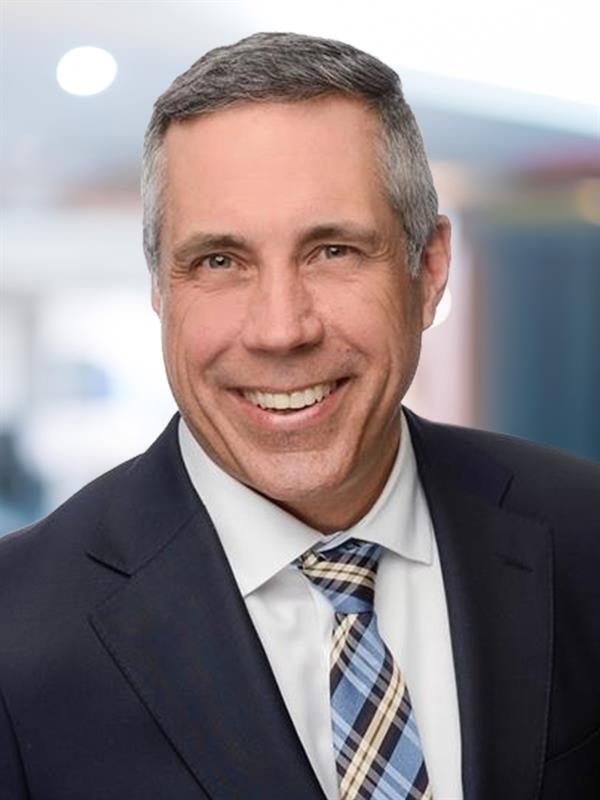MONTREAL, QC – April 8, 2024 – The latest MNP Consumer Debt Index finds that Quebecers are feeling increasingly confident in their personal finances this quarter as interest rate concerns ease. Quebecers are the most likely amongst the provinces to perceive their current debt situation to be better (29%, +3 pts) and are the least likely to rate it as much worse compared to a year ago (12%, -9 pts). With the prospect of interest rate cuts on the horizon, Quebec households are also the least concerned about their level of debt (37%, -7 pts), dropping seven points since last quarter. Quebecers are the least likely to regret the amount of debt they’ve taken on in life (40%, -3 pts) compared to those in the other provinces. A quarter say they are much better equipped to absorb an interest rate increase of one percentage point (26%, +1 pt) or an extra $130 in interest payments (25%, +3 pts).
“The overall theme of the latest report is that things are not as bad as they were before,” says Frédéric Lachance, a Licensed Insolvency Trustee with MNP LTD in Montreal. “Debt perceptions are starting to rebound as Quebecers are feeling more confident about their current debt situation and their ability to absorb interest rate increases. However, Quebecers are still feeling the squeeze from looming mortgage renewals, ongoing pandemic-related financial setbacks, and escalating cost-of-living pressures.”
While fewer this quarter are concerned about their ability to repay their debts (54%, -5 pts), repayment anxiety persists for the majority of Quebec residents. Consistent with last quarter, two in five (43%) Quebecers report being $200 or less away from failing to meet all their financial obligations, including more than a quarter (28%, -1 pt) who say they already can't cover their bills and debt payments. Additionally, half (51%, -4 pts) say they will be in financial trouble if interest rates go up much more.
“Reaching the edge of insolvency or dealing with a heavy debt burden is more common than many realize. It is important to remember that you’re not in this alone,” says Lachance. “There is support available, and reaching out for professional debt help sooner rather than later can stop things from getting worse and lead you out of debt.”
Lachance says that the shame and guilt associated with unmanageable debt often cause people to delay getting professional assistance. However, this puts them at risk of aggressive collections activity and debt relief scams — resulting in further stress and isolation.
“Debt is exhausting, draining, and isolating. And it’s made worse by the rising cost of living, with increased monthly expenses and food prices, along with the lingering financial impacts of the COVID-19 pandemic,” explains Lachance.
Two in five (40%) Quebecers indicate they are feeling a social squeeze on their personal finances and are worried about the amount of money they’ll have to spend on lifestyle and social obligations.
“Many Quebecers are feeling overwhelmed and disheartened by the high costs associated with attending social gatherings like birthdays, weddings, graduations, and family gatherings. Some individuals may find themselves slipping deeper into financial hardship simply because they can’t afford to participate,” explains Lachance.
While a third of Quebecers say they have recovered financially since the start of the pandemic in 2020 (34%), more than a quarter say they are in a worse financial state than they were pre-pandemic (28%).
“Some Quebecers are still stuck in a cycle of unmanageable debt. However, things won’t get better unless you take action. Speaking with a Licensed Insolvency Trustee for professional advice is the first step towards creating a plan to tackle debt. Each person’s circumstances vary, which underscores the importance of receiving personalized, unbiased guidance.”
MNP’s national team of Licensed Insolvency Trustees offers free consultations to help severely indebted Quebecers get unbiased debt advice, understand their rights, and determine the best path forward. Licensed Insolvency Trustees are the only federally regulated debt professionals who can assist with all the debt relief options, including Consumer Proposals and Bankruptcy, stop harassment from debt collectors, and discharge people from debt.
About MNP LTD
MNP LTD, a division of the national accounting firm MNP LLP, is the largest insolvency practice in Canada. For more than 50 years, our experienced team of Licensed Insolvency Trustees and advisors have been working with individuals to help them recover from times of financial distress and regain control of their finances. With more than 240 offices from coast to coast, MNP helps thousands of Canadians each year who are struggling with an overwhelming amount of debt. Visit MNPdebt.ca to contact a Licensed Insolvency Trustee or use our free Do-it-Yourself (DIY) debt assessment tools. For regular, bite-sized insights about debt and personal finances, subscribe to the MNP 3-Minute Debt Break Podcast.
About the MNP Consumer Debt Index
The MNP Consumer Debt Index measures Canadians’ attitudes toward their consumer debt and gauges their ability to pay their bills, endure unexpected expenses, and absorb interest-rate fluctuations without approaching insolvency. Conducted by Ipsos and updated quarterly, the Index is an industry-leading barometer of financial pressure or relief among Canadians.
Now in its twenty-eighth wave, the Index increased to 91 points, up eight points since last quarter. Visit MNPdebt.ca/CDI to learn more.
The data was compiled by Ipsos on behalf of MNP LTD between March 8 and March 15, 2024. For this survey, a sample of 2,000 Canadians aged 18 years and over was interviewed. Weighting was then employed to balance demographics to ensure that the sample's composition reflects that of the adult population according to Census data and to provide results intended to approximate the sample universe. The precision of Ipsos online polls is measured using a credibility interval. In this case, the poll is accurate to within ±2.5 percentage points, 19 times out of 20, had all Canadian adults been polled. The credibility interval will be wider among subsets of the population. All sample surveys and polls may be subject to other sources of error, including, but not limited to, coverage error and measurement error.



